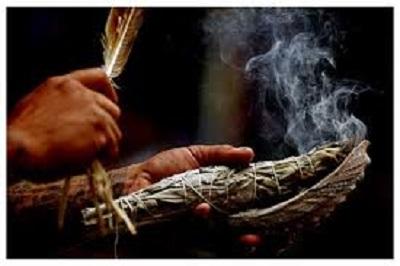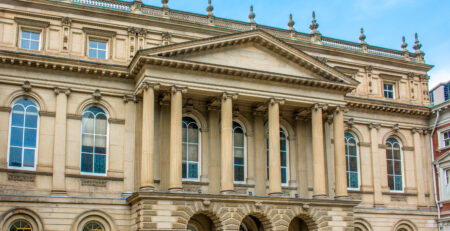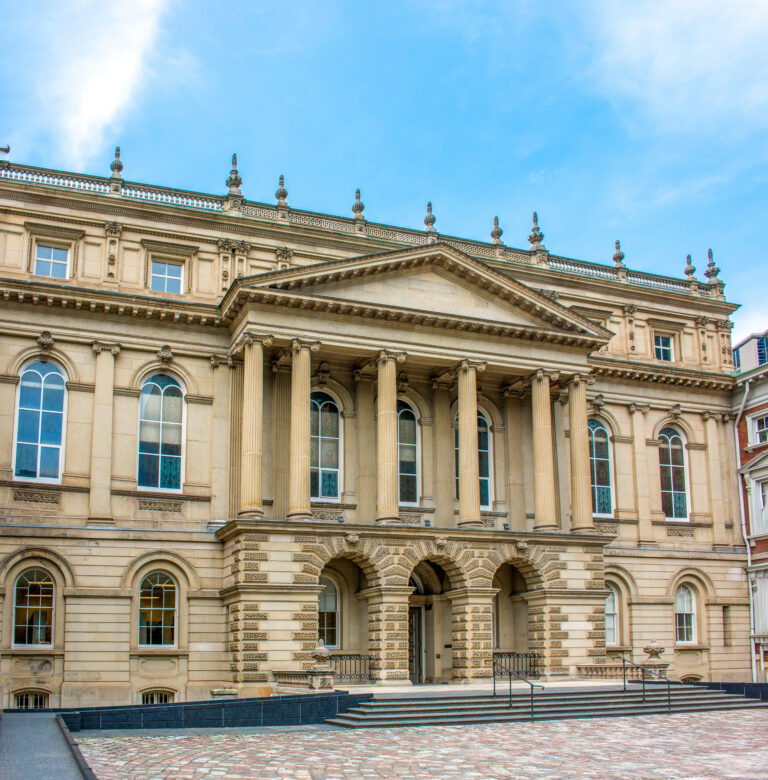The Justice Centre for Constitutional Freedoms (jccf.ca) is disappointed with the January 8, 2020 Supreme Court of BC decision that allows schools to require children to participate in religious or spiritual rituals, despite parental objections to the explicitly religious aspect of “cleansing” the spirits of children. In 2015, a Port Alberni school required children to participate in a smudging ceremony whereby smoke from burning sage was fanned over the classroom, furniture and space occupied by the children. In a letter to parents, the school claimed that this ritual took place for the express purposes of cleansing the children’s spirits of negative energy. Later in the school year, a prayer was offered at a mandatory student assembly.
“We are reviewing the decision with an eye to next steps,” stated Jay Cameron, counsel for Candice Servatius and Litigation Director at the Justice Centre for Constitutional Freedoms. “This is a disappointing decision for citizens from any religion or cultural background, each of whom has a constitutional right to be free from state-compelled spirituality.”
The week-long case against School District 70 was heard in November 2019 in Nanaimo, B.C. The Justice Centre represented mother Candice Servatius, whose two children were subjected to a religious or spiritual ritual at John Howitt Elementary School without her knowledge or consent. Witnesses for the Attorney General of B.C. and the Nuu-chul-nuth Tribal Council, which intervened in the case, testified during cross-examinations that it is not consistent with First Nation’s practice to compel anyone to be smudged against their will, and that it is “unnecessary” to hold cleansing ceremonies in classrooms in order to teach about First Nations culture.
However, in September of 2015, Mrs. Servatius received a letter from the principal of John Howitt Elementary School (JHES) in Port Alberni, BC, where her two children attend. The letter informed parents that JHES would be hosting a “Traditional Nuu-chah-nulth Classroom/Student Cleansing” performed by a “Nuu-chah-nulth Member” in the school’s classrooms. The letter did not provide a date for when these cleansing rituals would take place. The term Nuu-chah-nulth is used to describe fifteen related First Nation tribes who live on the southwest coast of Vancouver Island.
The letter from the school outlined specific beliefs of the Nuu-chah-nulth: “everything is one, all is connected” and “everything has a spirit.” The school’s letter described in detail how the cleansing ritual would “cleanse” the classroom of “energy” and cleanse the “spirits” of the students. The letter claimed that without cleansing, the classroom and even the furniture would harbour negative “energy” and would not be safe until the “energy” was “released.” The letter stated that each student would participate in the cleansing ritual by holding onto a cedar branch while having “smoke from Sage fanned over [their] body and spirit.”
Concerned about the explicitly supernatural and religious nature of the cleansing ritual, and how it conflicted with her own family’s religious beliefs, Mrs. Servatius immediately went to the school to learn more. When she arrived, she was shocked to find out that the ritual had already been imposed on her nine-year old daughter. Mrs. Servatius had received less than 24 hours of notice from the school, and did not have the opportunity to opt her child out of the religious ritual.
When the child expressed to her teacher that she did not want to participate, the teacher told the girl that it would be “rude” not to participate in the ritual and that “all” the students were “required” to participate.
In January of 2016, Mrs. Servatius learned that a prayer based on First Nations spirituality had been performed at a JHES student assembly, with explicit references to an unspecified “god”. JHES did not notify parents.
School District 70 argued in court that the ceremonies and prayers that children are required to participate in violate the right of Mrs. Servatius and her children to be free of government-imposed religion, and claimed that such rituals are merely “cultural”.








